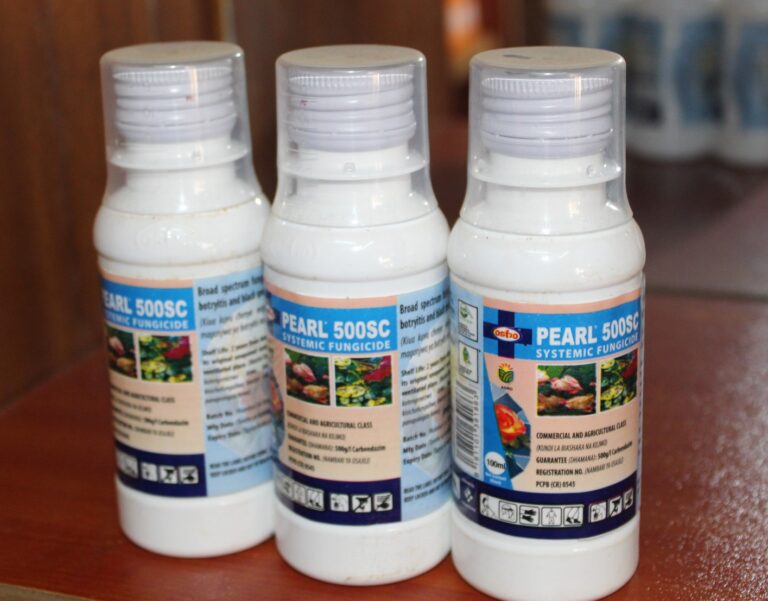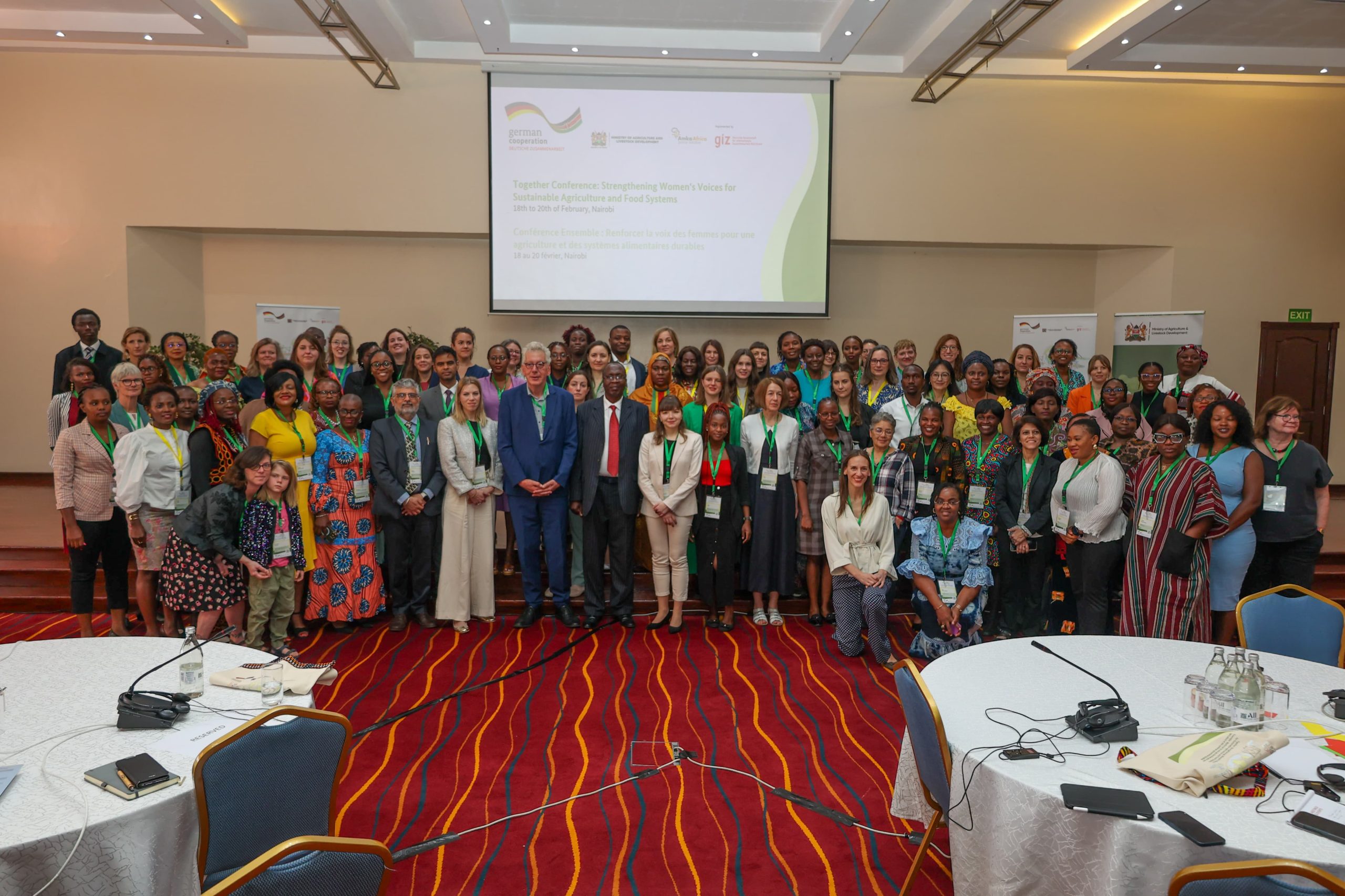By Eddah Waithaka
The Kenyan government has taken a decisive step toward safeguarding public health and biodiversity by banning over 50 hazardous pesticide products.
The Ministry of Agriculture and Livestock Development announced the ban on 7th May 2025, marking a major victory for environmental and food safety advocates.
Civil society groups have applauded the move but urge strict enforcement, stronger oversight, and farmer-centered alternatives to ensure a toxic-free food system.
Legal Reforms End Chemical Double Standards
The government reinforced the ban by enacting the Business Laws (Amendment) Act, 2024, which prohibits the importation of chemicals banned in their countries of origin.
This law, gazetted on 13th December 2024, closes a dangerous loophole that allowed restricted pesticides into Kenya.
Parliamentary Committee Exposes Regulatory Failures
In April 2025, the National Assembly’s Committee on Implementation scrutinized Kenya’s pesticide regulations, uncovering systemic flaws.
The committee condemned delays in banning hazardous pesticides, some of which remain in circulation despite earlier phase-out deadlines.
Read More On : https://africawatchnews.co.ke/unepea-association-warns-kras-new-etr-directive-could-crush-small-fuel-dealers/
Civil Society Demands Full Transparency and Action
For years, researchers, farmers’ groups, and health advocates have pushed for the removal of Highly Hazardous Pesticides (HHPs) such as Mancozeb, Paraquat, Glyphosate, and synthetic pyrethroids like Lambda-cyhalothrin.
These chemicals, widely used in staple and export crops, pose severe risks to farmers, consumers, and ecosystems.
Advocates are calling for several key measures to enhance pesticide regulation, including the public disclosure of the banned pesticide list to ensure accountability, the establishment of an independent expert panel to guide future regulations, stronger enforcement against illegal sales of phased-out pesticides, and increased investment in safer alternatives such as Integrated Pest Management (IPM) and biopesticides.
The Pest Control Products Board (PCPB), Kenya’s pesticide regulator, remains underfunded and understaffed.
Civil society urges the government to: Finalize the stalled national pesticide residue laboratory (initiated in 2018), transform PCPB into a fully empowered authority with adequate resources and promote agroecological farming through training and extension services.
A Turning Point for Kenya’s Food System
This ban signals Kenya’s commitment to aligning with global safety standards set by the FAO, WHO, and EU regulations. However, success depends on strict enforcement, transparency, and support for farmers transitioning away from toxic chemicals.
“This is a historic step, but the real work begins now,” said a coalition of advocacy groups. “We must ensure these bans are fully implemented, not just announced.”
The Ministry of Agriculture will therefore publish the full list of banned pesticides. Parliament will review PCPB’s upgrade to an independent authority. And farmers will receive training on non-chemical pest control methods.
Kenya’s move sets a precedent for Africa’s fight against toxic pesticides, but without strong follow-through, the progress risks being undermined.
Read More Stories At: https://africawatchnews.co.ke/







